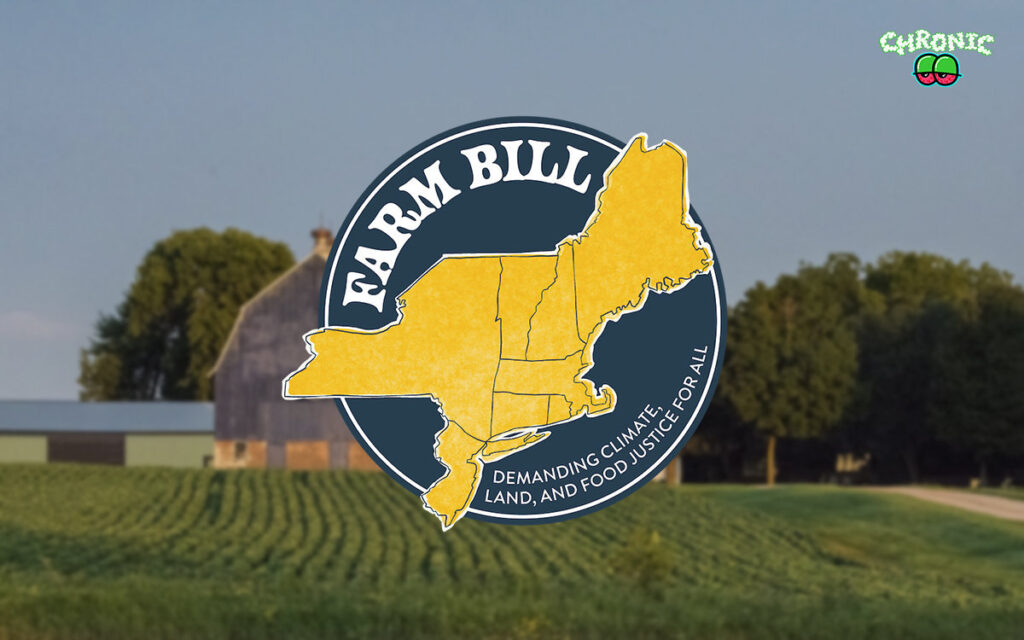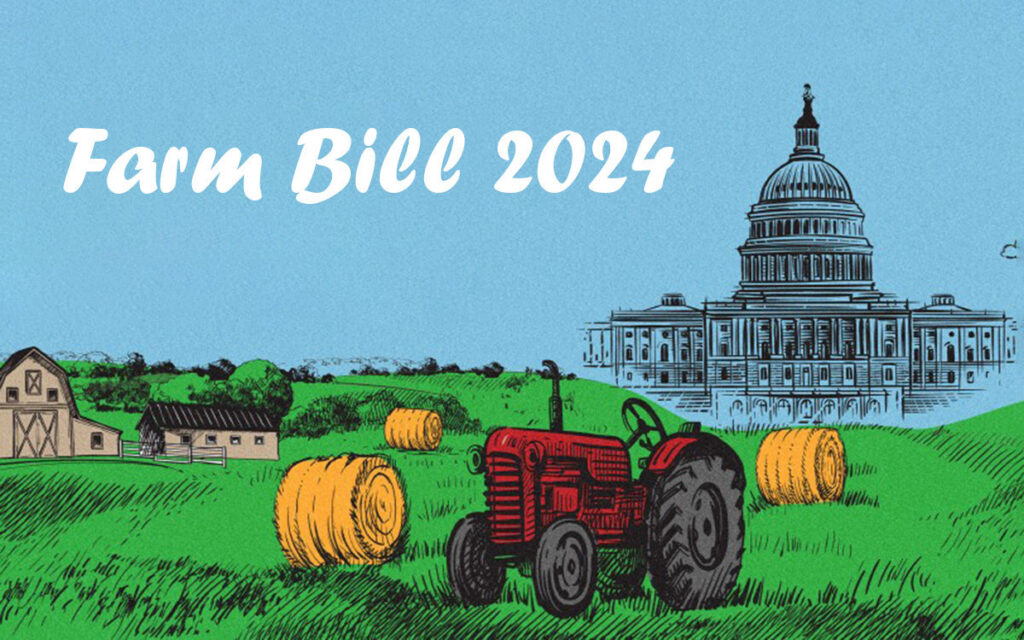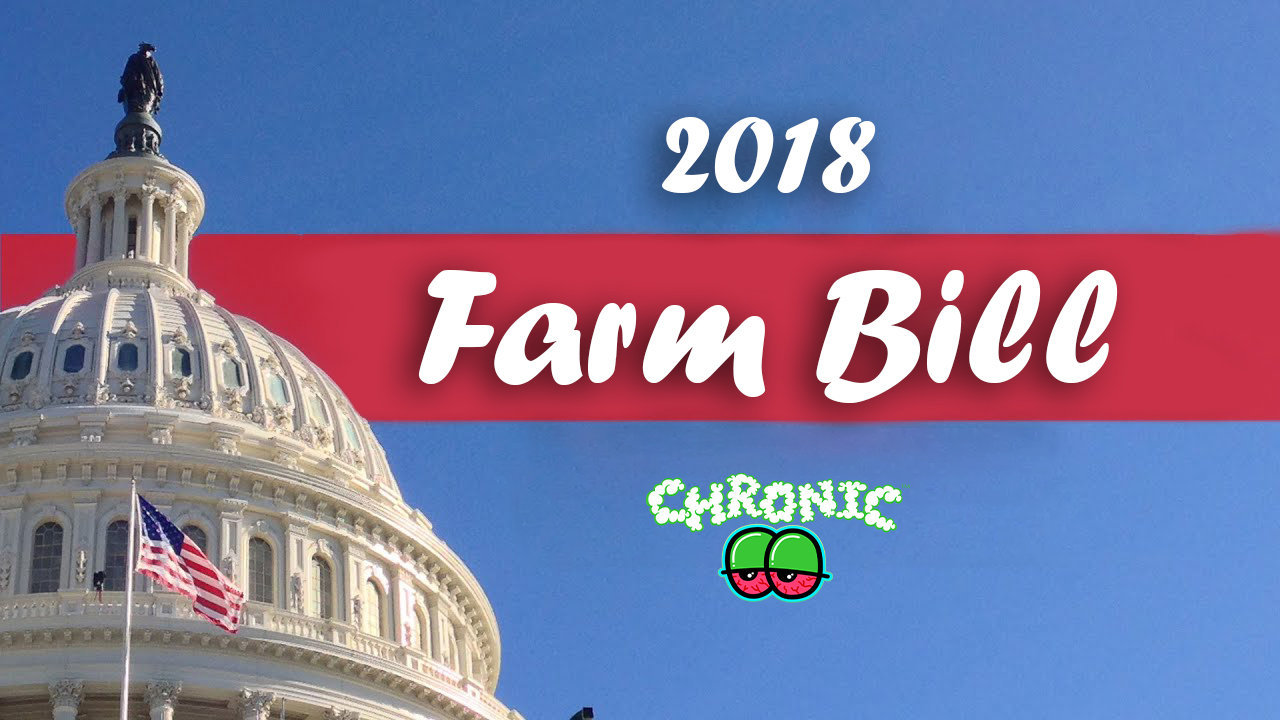The 2018 Farm Bill THCA explains that THCA is legal in certain U.S. states for medicinal or recreational purposes. It is primarily used for wellness applications, such as anti-inflammatory, neuroprotective, and anti-nausea benefits. However, its legality depends on federal and state cannabis laws.
THCA, the acronym for tetrahydrocannabinol acid, is a chemical substance that cannot create psychoactive in consumers. It is part and parcel of raw cannabis.
2018 Farm bill hemp
The Farm Bill of 2018, or the Agriculture Improvement Act of 2018, defined a related bill to which the United States has changed the legal status of a plant, hemp, and its derivatives. It became the first such Legislation to create crop development in the USA. Here is a detailed explanation:
2018 farm bill THCA & its Definition of Hemp
Through this act, the Farm Bill for 2018 separated hemp from marijuana, which was beforehand classified as “controlled” in the Controlled Substances Act. The true definition of hemp is Cannabis sativa L. and all of its derivatives, cubic or otherwise, containing no more than 0.3% THC on a dry weight basis.
THC is a psychoactive compound that causes a high experience while using marijuana. By limiting it to that 0.3% level, it had made clear the fact that hemp did not fall under controlled substances.
Exclusion from Controlled Substances Act
A form of cannabis then included hemp and was classified under Schedule I substances in the Controlled Substances Act. The 2018 Farm Bill Excluded hemp and its derivatives (for example, CBD extracted from hemp) from Schedule I; Effectively legalized hemp cultivation, sale, and distribution at the federal level, so long as it is regulated.
Federal and State Oversight
Although hemp was legalized at a federal level, there was internal control from states and tribal governments as follows: States and tribes could submit plans to the USDA (United States Department of Agriculture) for regulating hemp production.

Such plans shall include procedures for testing and compliance for THC levels. A state may impose stricter provisions on hemp cultivation, even ban it within its borders; but, it cannot interfere with interstate transportation of hemp legally compliant.
Licensing Requirements Legal Growth of Hemp:
Licensing through state, tribe, or USDA-accredited programs was necessary for farmers and businesses. They should also meet testing protocols to guarantee that the crops satisfy the THC threshold.
CBD and Derivatives
CBD that comes from hemp (with ≤0.3% THC) was not controlled anymore. FDA still retained authority over how CBD should be used in food, beverages, dietary supplements, and cosmetics. CBD had not been formally approved by the FDA as a food additive or dietary supplement.
Interstate Commerce
In particular, the measure permits the interstate transportation of hemp and hemp products that satisfy federal regulations, even across state boundaries and even through areas where hemp production is illegal.
Benefits and Opportunities
The Prominent 2018 Farm Bill has opened a new channel for farmers, businessmen, and researchers: Economic Growth: It was a boon for hemp in various homes, from textiles, papers, building materials, and biofuels, to food.
Read About: Where Is Edibles Legal? A Guide To All 50 States
Environmental advantages: Greening crops; that need not much water and do not use as many pesticides like the stop-go-between most today being grown crops.
Research Growth: Universities and research institutions would now study hemp without the regulatory hurdles previously put by the CSA.
Hurdles and Gray Areas
In spite of positive changes the bill left several things hanging:
Regulatory Gaps: The slow pace of the FDA in regulating CBD had led to ambivalence within the market.
Testing and Compliance: Farmers face stringent THC testing protocols, which, when the substance of a crop exceeds the limit of 0.3%, results in the destruction of the entire crop upon testing.
Legality of THCA under the 2018 farm bill
Enrollment in the 2018 Farm Bill, also known as the Agriculture Improvement Act, federally legalized industrial hemp and its by-products everywhere throughout the United States so long as they contained less than 0.3% delta-9 THC by dry weight.
THCA is a naturally occurring cannabinoid in raw cannabis, which it does not produce as a psychoactive unless such conversion is using decarboxylation (e.g. heating) to delta-9 THC.
The legal interpretation of THCA is convoluted because it tends to convert into delta-9 THC. Most states have enacted more stringent laws concerning cannabinoids derived from hemp, generally viewing THCA as dangerous or illegal to preemptively prevent its use as a potential source of delta-9 THC. Besides, federal interpretations have also been issued by agencies like the DEA, which suggest that any product capable of converting into delta-9 THC at significant levels may be treated as Schedule I controlled.
Thus, THCA, which originates from hemp, may be federally legal under the provisions of the 2018 Farm Bill; nevertheless, its status varies depending on state and federal suspicion as to the proclivity of its potential misuse.
Has the 2024 farm bill passed?
The 2024 Farm Bill is not yet passed. Currently, it is staring into a lot of trouble, such as financial and political beef over nutrition assistance and conservation funding. The House Agriculture Committee presented H.R. 8467, the farm leader bill on the floor, but later progress has been stalled due to arguments over increases in spending and offsets.
Deadlock broke out in debates over producing the shifts in conservation funding and the revisions to safety net programs for the farmers, outside which any other resolutions could not be achieved.

There is a possibility that Congress may pass such an emergency short-term extension for the programs concerned with agriculture and food to save them from destruction at the end of this year by legislative deadlock as well as the already anticipated expiration of the current farm bill.
It would be similar to past instances when reauthorization got delayed, for example in 2023 when the 2018 Farm Bill was allowed a year’s extension. Stakeholders from agriculture, conservation, and nutrition advocacy continue working on shaping legislation, but time windows and politics make adjournment imminent.
What’s in store with the 2024 farm bill?
The Farm Bill for 2024 would be the biggest expected news on U.S. agriculture law, where all issues have been brought in with climate change matters or services attached to rural development.
The bill also states a new line of resources amounting to $39 million and increases funding for the following areas, as follows:
- Farm Assistance: A total of $20 billion will be set aside to improve net support for farm safety, such as permanent disaster assistance and improvements in crop insurance programs, thus raising caps on supplemental coverage benefits to high-risk farmers.
- Nutrition: This amount, $8.5 billion, will fund programs like SNAP for food access among low-income families in light of current economic realities.
- Primarily rural development: According to the research around $4.3 billion has been spent on rural infrastructure, with various extension works on broadband and water systems and development.
- Climate Conservation: Holding its most important current resource investment practice, climate-adapted sustainable agriculture in extended conservation programs like the Conservation Reserve Program in landscape biodiversity.
- Dairy and Livestock: The Dairy Margin Coverage program has higher subsidy levels, and livestock indemnity payments increase across the board but more for federally protected species-related losses.
- Fairness for New Farmers: Enhanced insurance subsidies are now available to beginner and veteran farmers, and family income definitions now include agritourism and equipment trading.
The bipartisan approach that this five-year bill offers dovetails well with support for agriculture in America, ensuring food security, and adapting changes to current and future conditions in farming and rural economies.
The 2018 Farm Act in hemp industry
The hemp-derived products market has surged, especially CBD- and it has been collected into billions. The industry sought out hemp as a crop option for farmers; however, challenges included saturated markets and a teetering regulatory burden.
Thus, the legal milestone in cannabis law is the 2018 Farm Bill that legalized hemp as an agricultural commodity along with its associated burning interest both economic and scientific. Continuing regulatory events and market dynamics will inform the course and the industry’s take moves forward.





Pingback: Is THCA Pre-Rolls safe to smoke? - Chronic THCA
Pingback: Is THCA legal in Florida? - Chronic THCA
Pingback: Can you Smoke CBD? Proper Smoking Guide - Chronic THCA